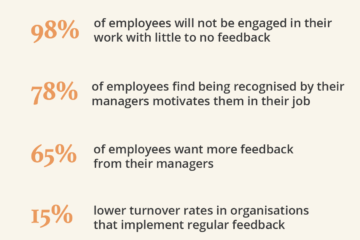Authentic Leadership
Being a successful manager is grounded in embracing authenticity, a trait that fosters trust and effectiveness in leadership. Attempting to present a facade is counterproductive, as people can recognise insincerity. Authenticity, viewed as both a practical and ethical virtue plays a pivotal role in building and maintaining effective managerial relationships.
Authenticity does not mean expressing every thought spontaneously. It involves genuine self-expression while exercising thoughtful restraint. In situations that require difficult or confronting conversations, authentic leaders will remain centred and demonstrate their true self.
Choosing authentic responses that genuinely reflect one’s values not only fosters trust but also enhances managerial effectiveness. Engaging in open and respectful dialogue, even in challenging moments, contributes to a positive and collaborative workplace.
It is important to recognise that authenticity is a valuable social skill, requiring thoughtful consideration of words and actions in different contexts. Pretending to endorse a flawed idea is discouraged, as authenticity encourages a transparent and trustworthy managerial approach, ultimately promoting positive interactions and teamwork.
Source: What being an ‘authentic leader’ really means (2014) Harvard Business Review. Available at: https://hbr.org/2012/12/what-being-an-authentic-leader-really-means (Accessed: 19 January 2024).
Want to learn more about Eclipse?




0 Comments